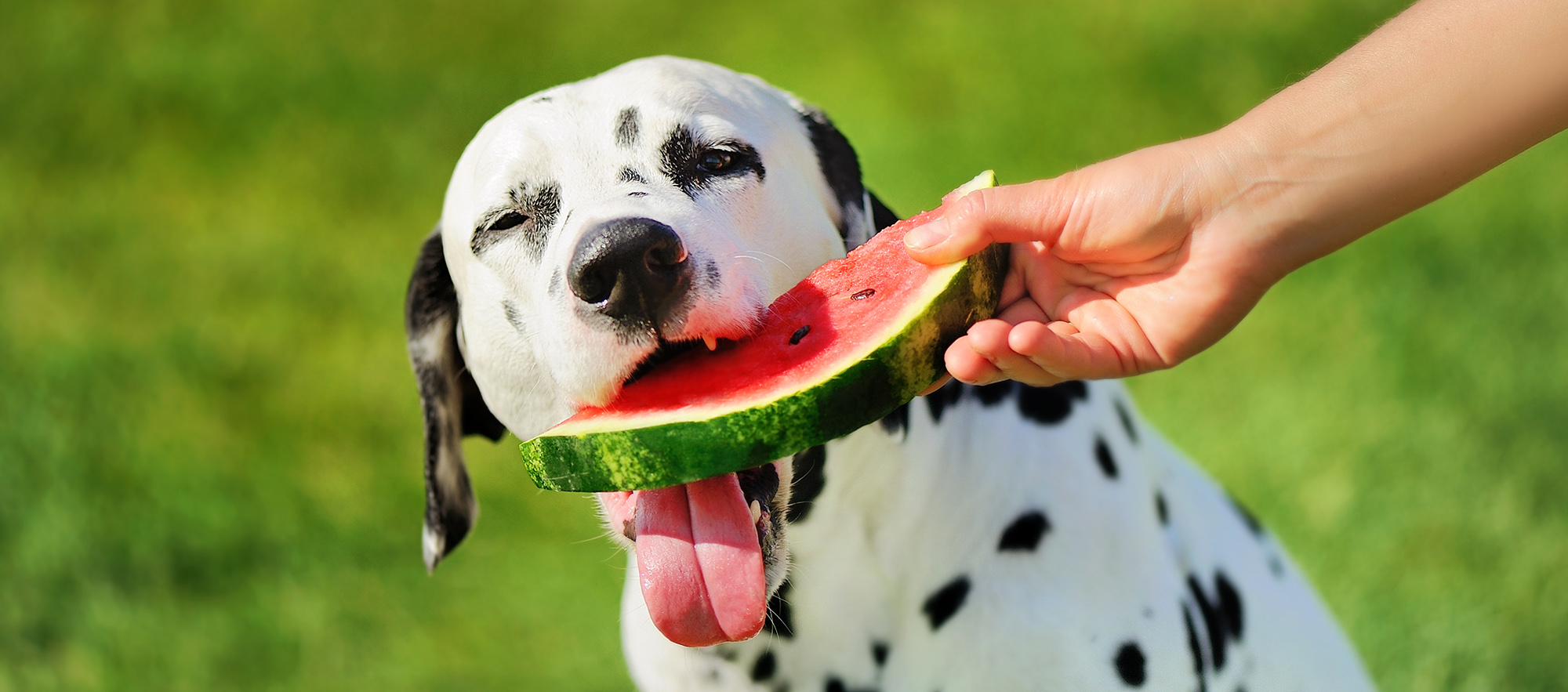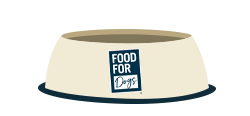
We basically share everything with our four-legged buddies these days, our lives, homes and more often than not ours beds too! But when should the sharing stop?
A dog’s digestive system is very different to humans and they also have vastly different nutritional requirements, which is why they need specific diets. As a result, dogs can eat some human foods but not others. As pet owners, it is important to know which human foods agree with the dog’s gut, so keep reading to find out which foods you can safely share with your dog, and those you cant.
Some human foods are toxic to dogs, and should never be given to you dog.
These foods include, but are not limited to:
- Avocado
- Chocolate
- Grapes and raisins
- Alcohol
- Citrus Fruits
- Cherries
- Alliums – including garlic, onion and chives
- Coffee
- Macadamia nuts, Almonds, Walnuts & Hazelnuts
- Raw Potato
- Peaches
- Xylitol – artificial sweetener and any foods that contain it e.g. gum
If you are worried or suspect that your dog may have eaten something it shouldn’t, call your vet immediately as early medical intervention can make all the difference in a case of food toxicity.
However, this doesn’t mean that all human foods are off limits; in fact, there are some human foods that are fine for your dog to enjoy in moderation, including:
- Pumpkin – High in fibre and easy to digest.
- Chicken and Turkey – Lean meat and high in protein. Ensure there are no cooked bones with the meat.
- Blueberries – High in antioxidants to support immune health.
- Watermelon – Rich in vitamin A, vitamin C, B group vitamins, potassium, and dietary fibre, and is also hydrating and low in calories. Ensure you have removed the rind and seeds before feeding.
- Apples – An excellent source of vitamin A, vitamin C, and dietary fibre, ensure you remove the seeds and core before feeding.
- Green beans – packed with calcium, iron, and vitamin K and can be given either raw or cooked
- Carrot – full of vitamins, minerals, and fibre and low in calories, and can be given either raw or cooked
- Peanut butter – As a special treat, make sure that there is no added sugar, salt or artificial sweeteners used.
- Eggs – High in protein, fatty acids, and vitamins. Ensure eggs are fully cooked prior to feeding to reduce salmonella risk.
- Yoghurt – A great source of calcium for bone and teeth health and probiotics for gut health, however feed in moderation and only if your dog can tolerate dairy.
- Cheese – A great source of calcium for bone and teeth health, feed in moderation and only if your dog can tolerate dairy
Of course, the best option is to give your dog foods specifically developed for them, which will not only be safe but also nutritious. However, if you are sharing a snack with your dog do so in moderation, and if you are unsure if a food is safe or not, check with your veterinarian prior to feeding.


